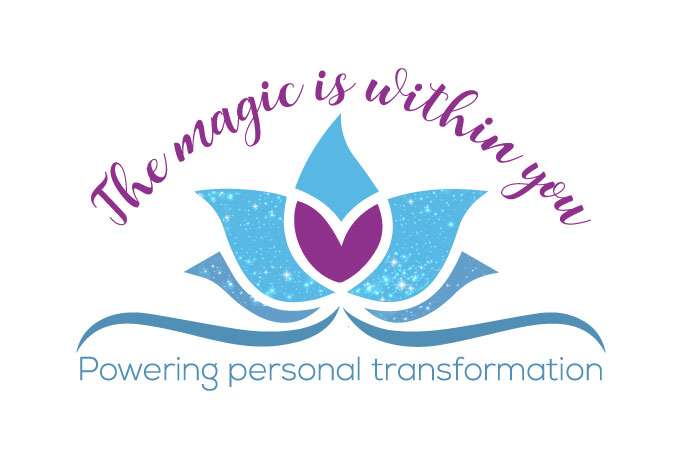In this our third blog, the internationally acclaimed author and expert in childhood trauma and addiction, talks about ‘universal addiction processes that employ the same brain systems, the same emotional dynamics, the same emptiness, the same desperation to escape from pain.” He also looks at the origins of addiction in family trauma.
This forms part of a blog series of transcriptions of a two-hour interview given exclusively to Vivian McKinnon, a therapist and addiction expert in her own right and owner of Hydro-ease; Northern Ireland’s only dedicated floatation centre located in Inspire Business Park, Dundonald on the outskirts of Belfast.
Vivian: With addiction, people get so caught up on the behaviour. It’s the behaviour they focus on because what tends to happen, I’ve seen it in families. I’ve seen it in my own family. You have one set of behaviours there and another one here and there is a space in the middle where no-one seems to be able to communicate and things just crumble and the person who is using the unhelpful coping strategy just goes deeper into what they are doing, while others involved keep getting further away because they just have no real understanding.
I remember going through what I experienced, I became addicted to being addicted. It would shift from food, to drugs, to drink, to sex, to gambling. It was just lots of different things to just as you say numb the pain, to be able to function.
Gabor: Your comments bring up two points for me. First of all, it’s false to say there are different addictions. You can define addictions by their target behaviour. You can be a cocaine addict, an opiate addict, a nicotine addict, a caffeine addict, a sex addict, a shopping, eating or work addict.
I could go on, and on, gaming addict, gambling addict so there is a lot of different addictions. No there is not. There is a universal addiction process that employs the same brain systems, the same emotional dynamics, the same emptiness, the same desperation to escape from the pain.
The targets are different but the process is the same. That’s why you went from one to the other. You were looking for the same release from the same suffering just through different target behaviours.
So, the whole division of addiction into their target behaviours is false and is utterly unscientific. Look at the brain circuits the gambler uses. It’s the same brain circuits as the cocaine addict, the sex addict, the same thing. The sex addiction is not about sex….it is about the hunt and the seeking and the self-validation of being wanted and the chase and the thrill, the dopamine hit in the brain, which is what cocaine gives you as well. So, there is a universal addiction process.
That’s the first point. The second point is about family. I’m writing a new book. I’ll do some self-marketing but you have to wait until next April to read it. The title is The Myth of Normal Trauma, Illness and Healing in a Toxic Culture.
So, it’s a broad look at this culture and in the book, I interview a psychiatrist friend of mine from the States; an indigenous American. In his tradition when someone gets sick, the family and the community gather around him and they say thank you because he is the one that has taken on the load of the illness in the whole community; manifested it, so thank you for doing that and we are going to support you in your healing.
Because that’s our healing as well. So, addiction is not an individual biological inherited unique disease; it’s actually a manifestation of multi-generational family trauma, manifested in highly sensitive individuals.
But that trauma doesn’t belong to them. It neither began with them nor is it confined to them. Unfortunately, in these families you get scapegoating and the ostracization of the one with the most addictive behaviours but those behaviours represent a trauma the whole family is carrying.
It’s not to blame anybody. It’s just to say, what the reality is. It’s a much healthier approach as part of a family to say OK, thank you and now how can we all heal.
Viv: Imagine if we had done that in our society Gabor? Imagine if we got together and actually did that and gave each other support? I think it all comes down to reducing stigma, having more open and honest conversations, being mindful of the most sensitive person in the family. They pick up more; they communicate in a different way.
Gabor: No two kids have the same parents, not even twins. They may have the same biological parents but the parent shows up differently for each child. First of all; one is an older child, one is a younger child, one is a male child, one is a female child, one is more sensitive, the other less so.
At one time, the parent may be more or less stressed than another time. One time the parent relationship maybe in a different state. It’s not a question do parents love one child more than another, they love them equally but they don’t show up for each of them in the same way.
It’s not about how much love the parent has, it’s about how each child experiences it internally. The great British scientist Donald Winnicott said that even if the mother could be the same mother to eight of her children which she couldn’t be, they would still experience eight different mothers because of their eight different temperaments.
Then in a lot of families, there is one child abused and another child not abused and I’ve seen families generate real hostility towards the one who was abused because the others are in such denial, they couldn’t fathom how this could happen in their own family because it would totally destroy their self-image. So, the whistle-blower gets ostracised even more.

